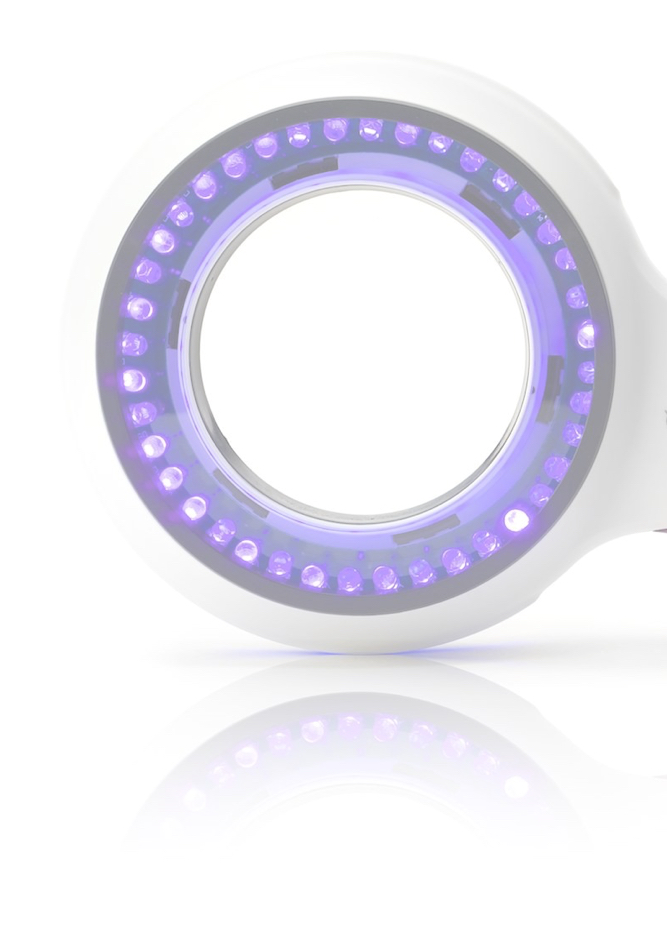Acne occurs for many reasons including oil clogging pores, bacteria, hormones and inflammation.
It can be complicated by stress, heredity, and other factors. Acne can occur at any age throughout life and is very treatable. Treatment goals are to heal existing lesions, stop new lesions from forming, and prevent the development of scars.
How Acne Can Affect Teenagers
More than just your child’s complexion is affected by acne. Studies have shown that teens with acne often suffer emotional and social distress and sometimes even depression. Teen acne can have detrimental effects on self-esteem and body image causing embarrassment, depression and problems with social distress.
What Can Parents Do To Help?
“Getting the best medical treatment is so important for acne. “It is not simply a matter of the teenager not washing his/her face enough,” says Dr. Gaughf. Often over the counter treatments are not enough to clear up even mild cases of acne.
What We Do:
Depending on your personal needs, acne treatments at Gaughf Dermatology may involve the following:
- Topical Medications including retinoids
- Oral Antibiotics and Anti-Inflammatories
- Hormone medication, including birth-control pills and spironolactone
- Isotretinoin (Accutane) – for more severe acne or cases resistant to other treatment
- Photodynamic Therapy
- Medical grade cosmetic products
- Morpheus8 – Microneedling with radiofrequency This newest technology using microneedling with radiofrequency can clear nodular acne without any side effects of oral medications. The sebaceous glands are heated in the deep tissue and the Propionibacterium acne is effectively treated, thereby eliminating the acne. The results can cause varying lengths of remission of the acne.
- Chemical peels and microdermabrasion
Acne Scars
Scars from previous acne can be treated with Microneedling with radiofrequency (Morpheus8). A series of several treatments are needed and with essentially no downtime.



